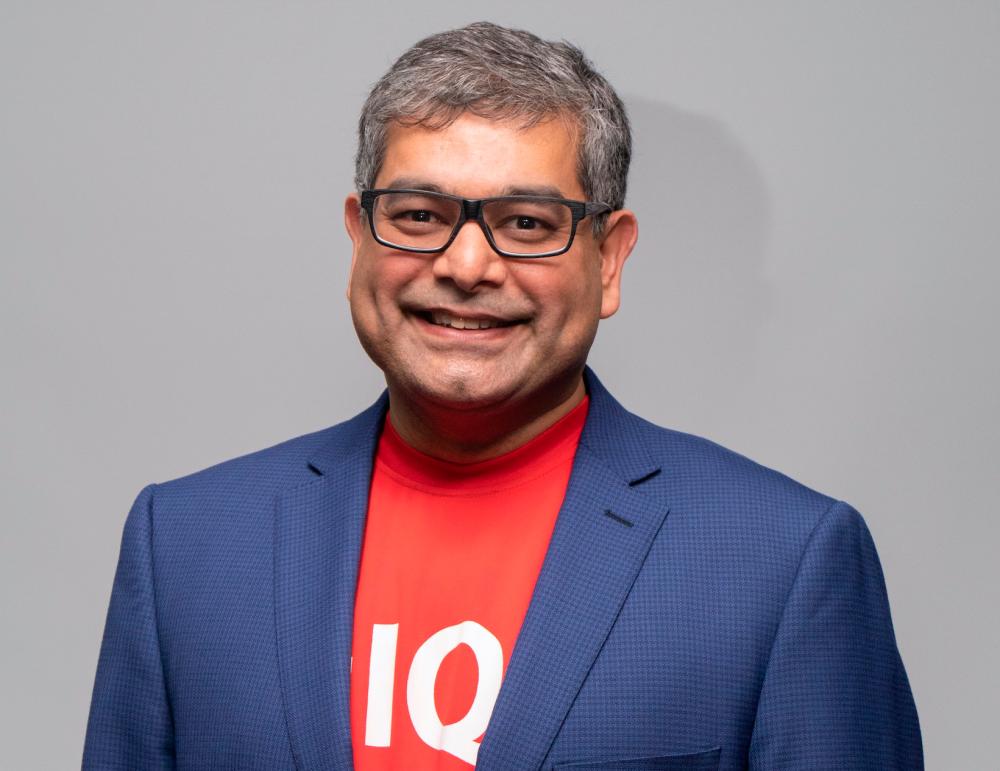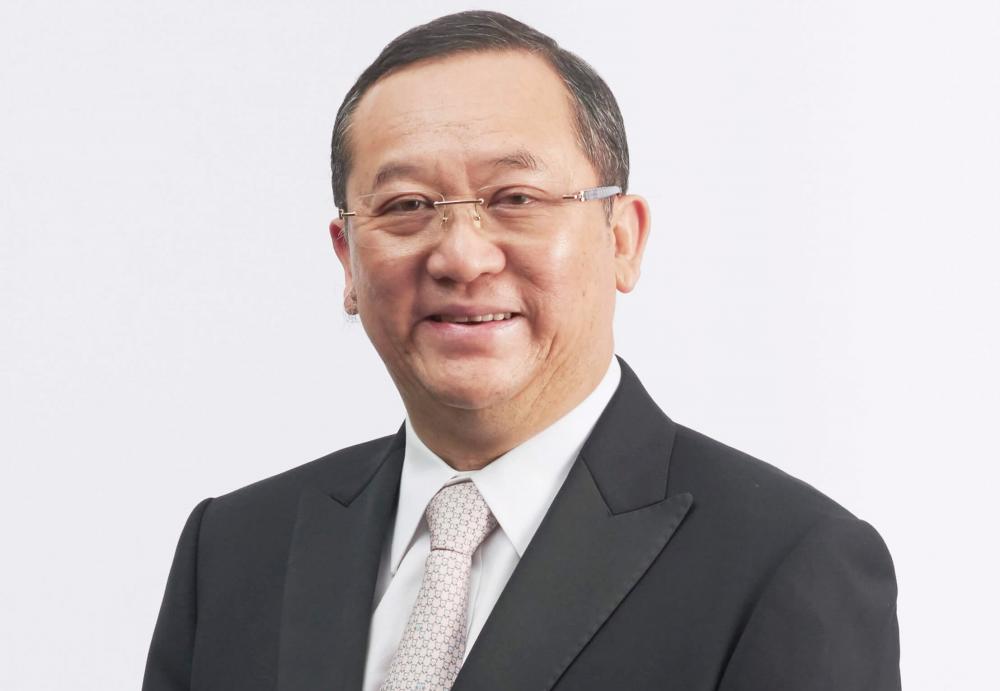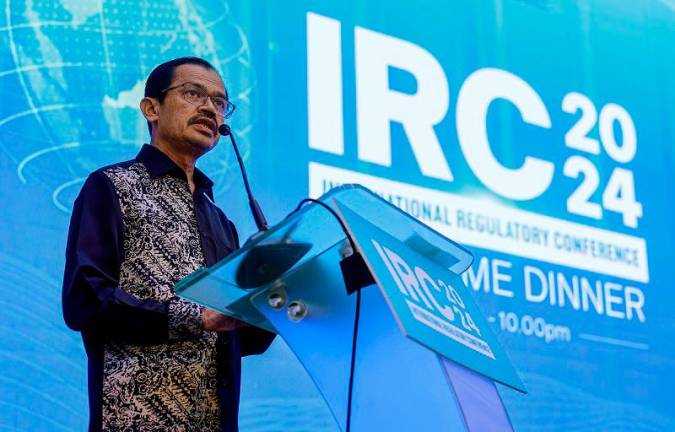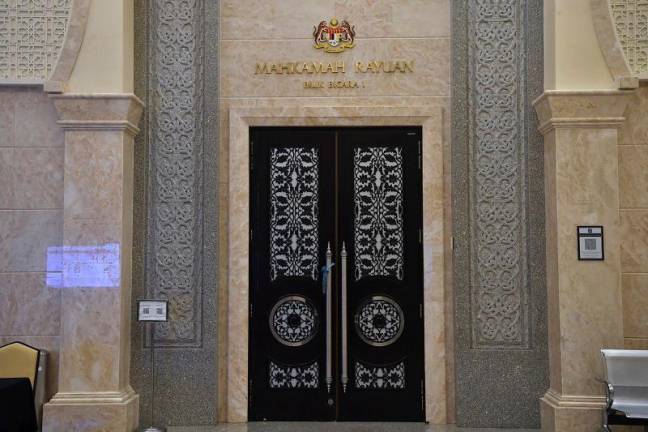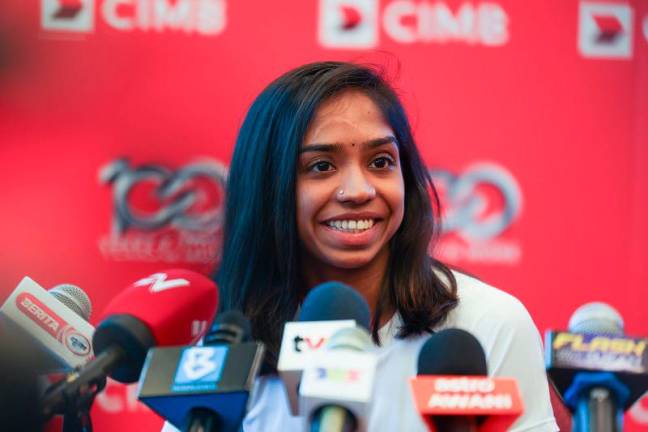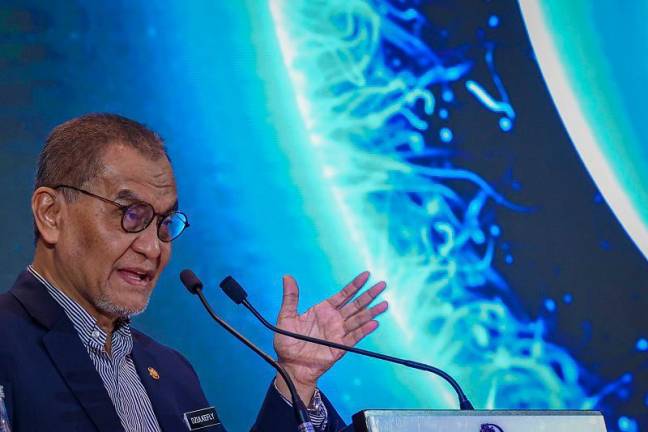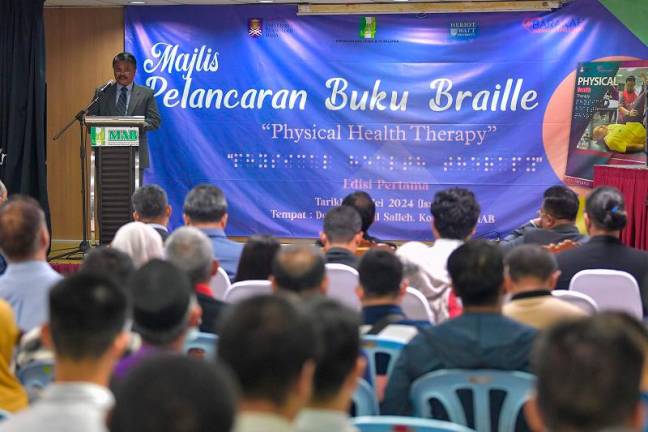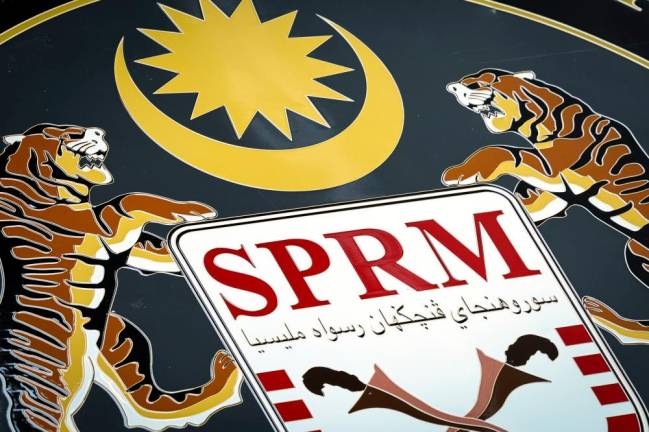KUALA LUMPUR: Property developer Mah Sing Group Bhd and real estate technology group Juwai IQI agree that the launch of the Premium Visa Programme (PVIP) will attract affluent foreign investors to Malaysia, which will benefit the local property industry.
According to Mah Sing, the PVIP is a supplement to the existing Malaysia My Second Home (MM2H). In comparison to MM2H, the PVIP allows for a longer stay of 20 years and allows participants to study, buy property, invest, work, and run businesses.
Mah Sing founder and group managing director Tan Sri Leong Hoy Kum said the PVIP will benefit the group’s developments and hopes that it will attract more foreign direct investment (FDI) to the country and create job opportunities for locals, thus strengthening the value of the ringgit.
Open for application starting Oct 1, 2022, PVIP applicants must have at least RM1 million in their bank account and can only withdraw 50% of that amount after a year to pay for property purchases or medical and educational expenses.
The government intends to target 1,000 participants in the first year of the newly announced programme, who will contribute RM200 million to the economy and fixed deposits of RM1 billion.
“We are well aware that the upcoming Budget 2023 announcement will continue to prioritise the welfare of Keluarga Malaysia (Malaysian Family), while also preparing the country for a more challenging global economic crisis next year. Mah Sing supports the government’s initiative to make home ownership more accessible to Malaysians, particularly first-time buyers. Mah Sing hopes that more goodies will be announced in the upcoming Budget 2023 on October 7,“ Leong said in a statement today.
Meanwhile, Juwai IQI group co-founder and CEO Kashif Ansari believes the PVIP will likely succeed in attracting its target of 1,000 migrants in its first year and will open the door to wealthy migrants with attractive terms that clarify any uncertainties they may have had after the recent reform of MM2H.
He said the programme is open to foreigners with sufficient overseas income and assets to make them net contributors to society and the economy. The PVIP launch is the latest step in transforming Malaysia’s immigration policy from quantity to quality.
“We believe the new visa programme will be a success and succeed in attracting close to its target of 1,000 participants in the first year. The conditions are not demanding, and the benefits of living in Malaysia under a long-term visa are very attractive. Foreigners want to be able to live and work here, send their children to local international schools, and not have to worry about renewing their visas every six or 12 months,” he said.
According to the official pre-Covid statistics for the MM2H visa, which is different than the PVIP, Chinese citizens made up about 31% of participants. Japanese accounted for about 11% of MM2H participants, Bangladeshis 10%, and UK citizens 6%. The top nationalities participating in the PVIP are expected to include Japanese and other Asian nationalities, then Europeans, North Americans, and those from the Gulf nations.
“The conditions for residency under the PVIP include income of RM40,000 per month, an RM1 million deposit in a Malaysian bank, and an upfront participation fee of RM200,000 per applicant and RM100,000 per dependent. The visa is valid for 20 years, although renewals are required every five years,” Kashif remarked.
